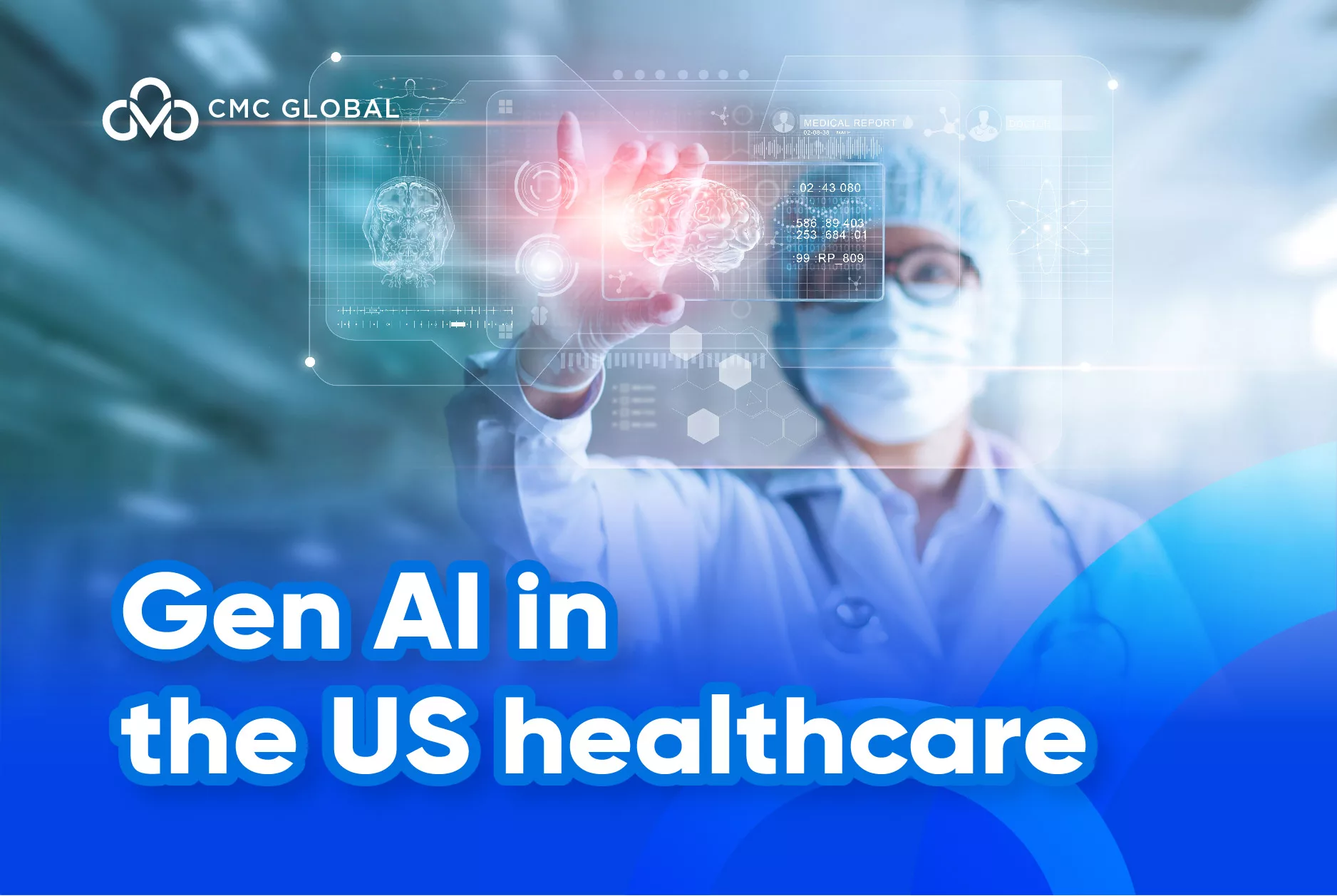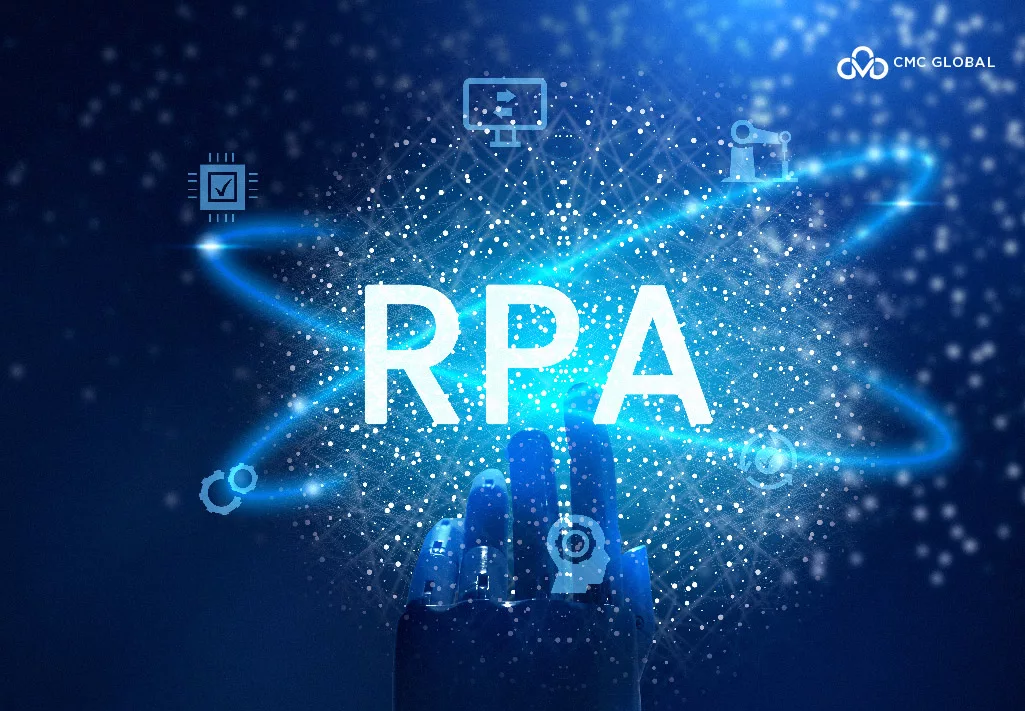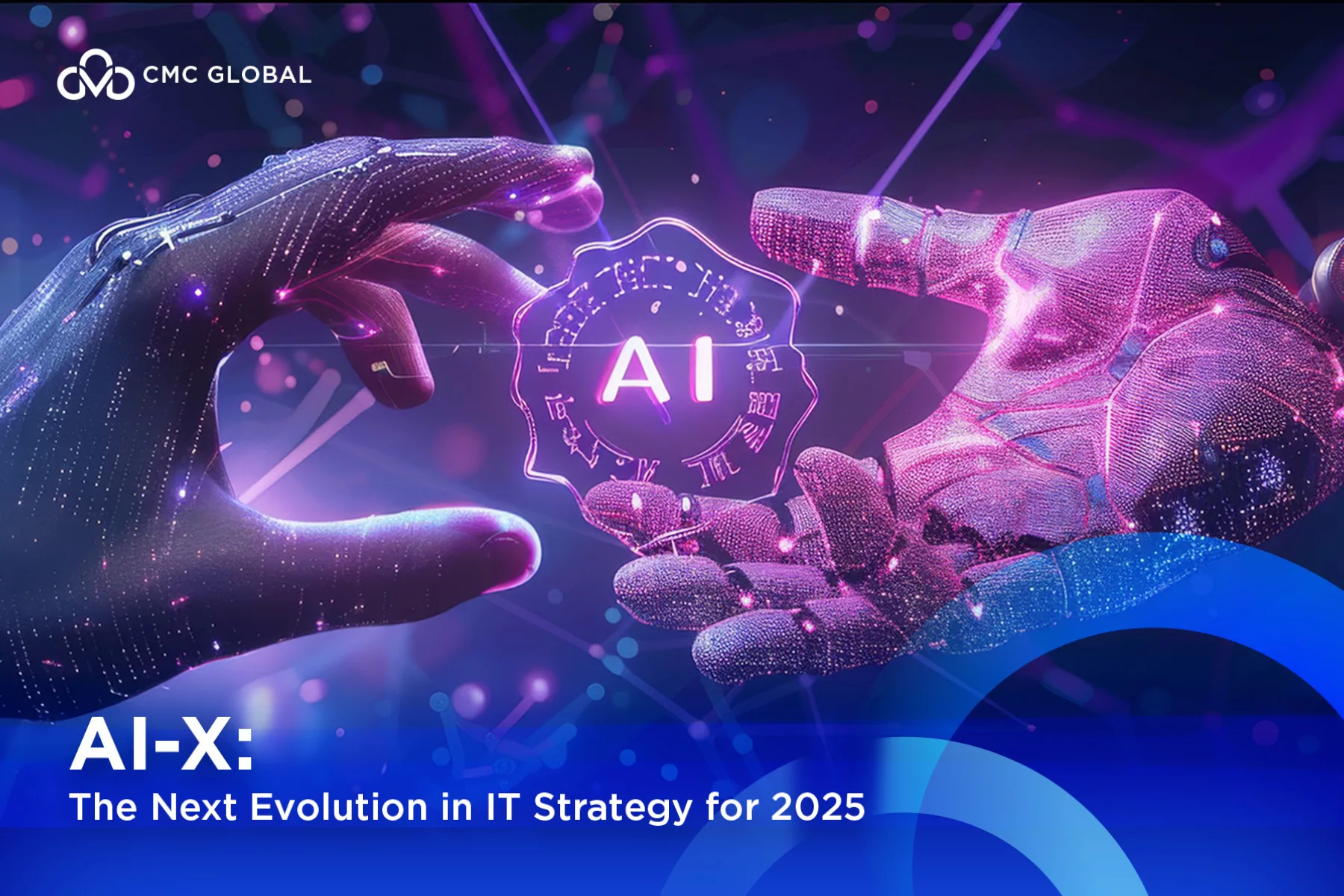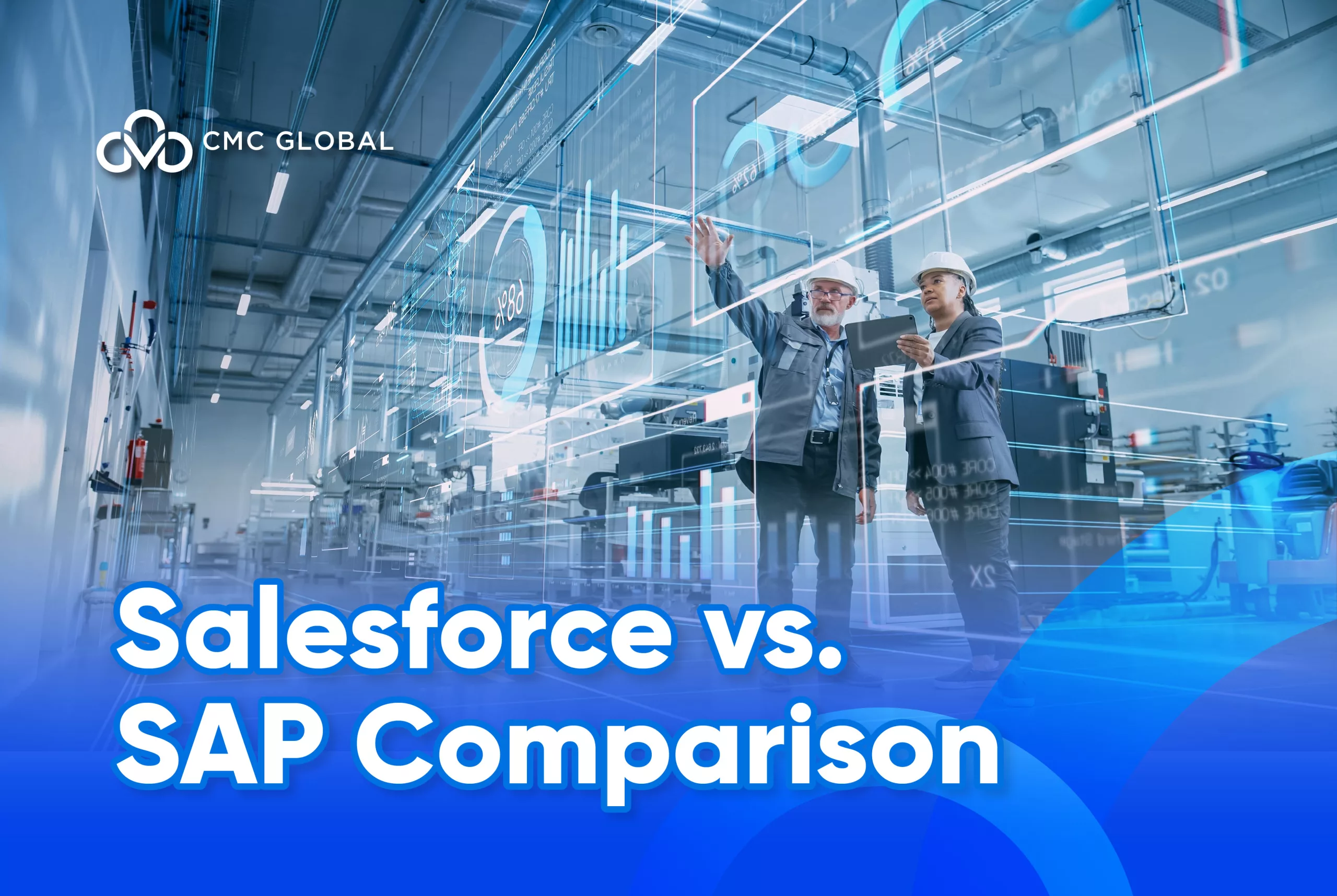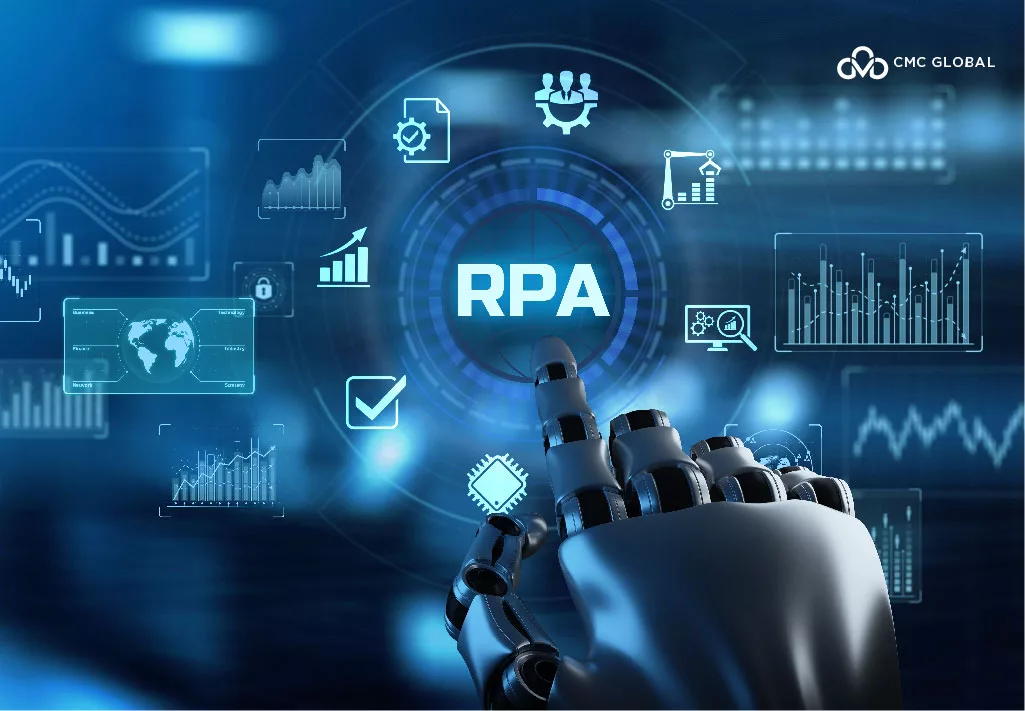The healthcare industry in the United States is at a critical juncture. Faced with escalating costs, a growing administrative burden, and the persistent need for more personalized and efficient patient care, the sector is ripe for a technological revolution. At the forefront of this transformation is generative AI in the US healthcare. This innovative technology is no longer a futuristic concept but a practical tool already reshaping clinical workflows, accelerating research, and enhancing patient experiences.
What is Generative AI?
To understand the impact of generative AI in the US healthcare, it’s important to first grasp what it is. Unlike traditional AI, which is designed to classify or analyze existing data, generative AI creates new, original content. This can be text, images, code, or even molecular structures. Think of it as a creative partner that learns from vast datasets and then “generates” novel outputs. This ability to create is what makes it so uniquely powerful for the healthcare sector.
Revolutionizing Clinical and Administrative Workflows

One of the most immediate and impactful applications of generative AI in the US healthcare is in streamlining the day-to-day operations of hospitals and clinics. A recent survey from the American Medical Association found that almost two-thirds of physicians (66%) reported using some form of health AI in 2024, a significant jump from 38% in 2023. This rapid adoption is largely driven by the technology’s ability to tackle administrative tasks.
Alleviating Administrative Burdens
Healthcare professionals spend a significant amount of time on documentation, billing, and scheduling. Generative AI tools, such as ambient AI scribes, can listen to patient-physician conversations and automatically generate detailed, structured clinical notes and summaries. This not only saves physicians countless hours, potentially reducing burnout, but also improves the accuracy of patient records. A recent study noted that this can save up to 80% of the time spent on post-visit notes.
Enhancing Patient Engagement
Generative AI-powered chatbots and virtual assistants are transforming how patients interact with the healthcare system. These tools can answer patient queries, provide health recommendations, schedule appointments, and offer real-time monitoring. By providing 24/7 support and personalized information, they make healthcare more accessible and empower patients to take a more active role in their well-being. This is a key area where generative AI in the US healthcare is making a tangible difference.
Accelerating Research and Drug Discovery
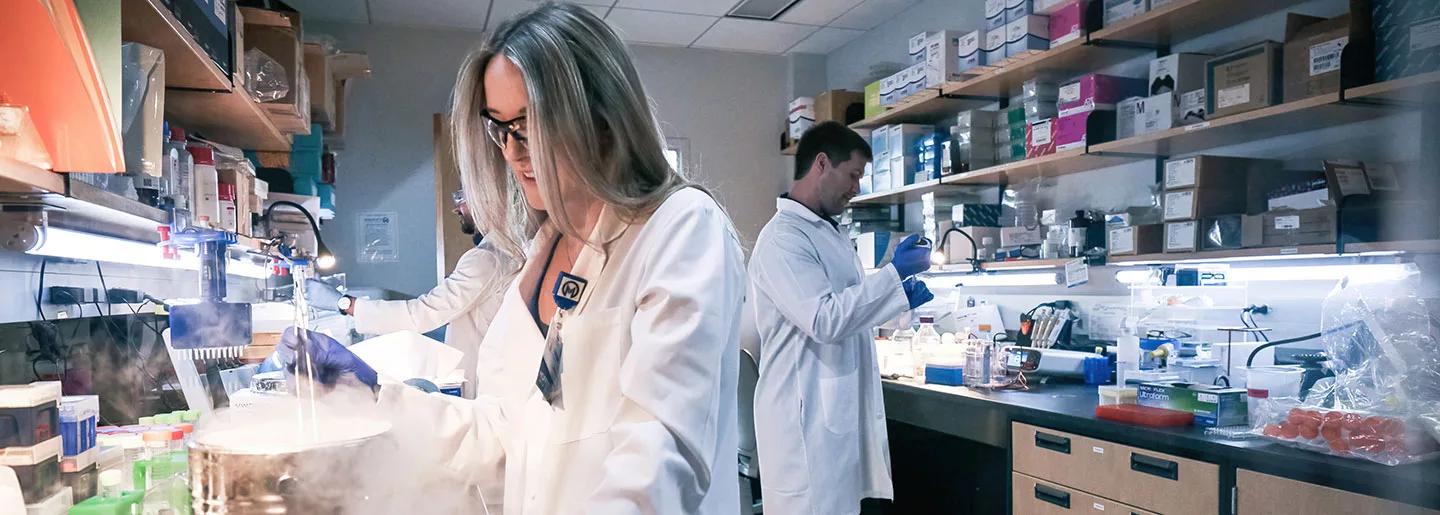
Beyond day-to-day operations, the impact of generative AI in the US healthcare is even more profound in the fields of research and development. The technology’s ability to generate new data and models is dramatically shortening the time and cost associated with drug discovery and clinical trials.
Drug Discovery and Development
The traditional process of drug development is notoriously long and expensive. Generative AI can simulate the effects of potential drug molecules, predict their interactions with the human body, and even design new molecules from scratch. This allows researchers to quickly screen thousands of compounds and identify the most promising candidates, drastically reducing the time it takes to get new treatments to market. The global generative AI in healthcare market, which was valued at $1.6 billion in 2022, is projected to reach over $30 billion by 2032, with a significant portion of this growth fueled by drug discovery applications.
Medical Imaging and Diagnostics
Generative AI is proving to be a game-changer in medical imaging. It can generate synthetic medical images to train AI models without compromising patient privacy. This is particularly useful for rare conditions where real-world data is scarce. Furthermore, these models can assist radiologists and pathologists in identifying subtle anomalies in scans and images, leading to faster and more accurate diagnoses. The medical imaging analysis segment of the U.S. healthcare generative AI market held a substantial 30% revenue share in 2023.
Challenges and The Road Ahead

While the potential of generative AI in the US healthcare is immense, its widespread adoption isn’t without challenges. The technology is still in its early stages, and there are significant hurdles to overcome.
Data Privacy and Security
Healthcare data is highly sensitive, and the use of generative AI raises critical questions about data privacy and security. Organizations must ensure that patient data is protected and that AI models are trained on diverse, de-identified datasets to prevent bias and maintain confidentiality.
Regulatory Oversight and Trust
The lack of a clear regulatory framework is a major roadblock. The U.S. Food and Drug Administration (FDA) is working to establish guidelines for AI-powered medical devices, but the fast-paced nature of the technology means that regulation often lags behind innovation. Furthermore, building trust among both providers and patients is essential. A Deloitte survey found that while 53% of consumers believe generative AI will improve access to healthcare, 60% of patients would feel uncomfortable if their provider relied on AI for their care. Transparency and human oversight are crucial for building this trust. The future of generative AI in the US healthcare hinges on responsible development and deployment.
The Human-AI Partnership
Ultimately, generative AI in the US healthcare isn’t about replacing humans. It’s about augmenting human capabilities. The most successful implementations will treat generative AI as a “co-pilot,” assisting physicians, nurses, and researchers in their work. By automating tedious tasks and providing data-driven insights, these tools free up healthcare professionals to focus on what matters most: patient care and human connection. The future of healthcare is a collaborative partnership between human expertise and machine intelligence, and generative AI in the US healthcare is leading the charge.
A Trustworthy Partner in the Generative AI Revolution
The journey to integrate generative AI healthcare in US is complex, but it doesn’t have to be navigated alone. The future of healthcare is a collaborative effort, and for many organizations, that means partnering with a trusted technology expert. CMC Global is a prime example of such a partner, providing the strategic guidance and technical expertise needed to successfully deploy advanced AI solutions. With a proven track record, CMC Global acts as a bridge between groundbreaking AI technology and practical healthcare applications.
As a partner of leading technology giants like AWS and Microsoft, CMC Global is uniquely positioned to help healthcare providers harness the power of the cloud to implement these solutions. They leverage Databricks’ unified platform to manage vast datasets, ensuring that AI models are trained on reliable and comprehensive information. Their partnership with AWS and Microsoft Azure means they can deploy highly scalable and secure AI solutions, ensuring that patient data remains protected while enabling rapid innovation. This collaborative approach is essential for realizing the full potential of generative AI healthcare in US, transforming data into actionable insights and ultimately improving patient outcomes.
Contact us for further consultation!
